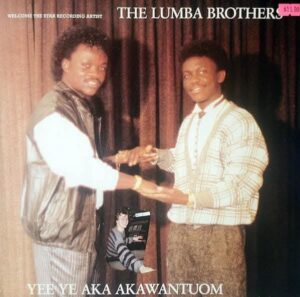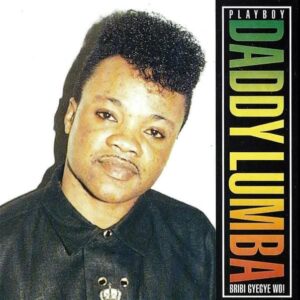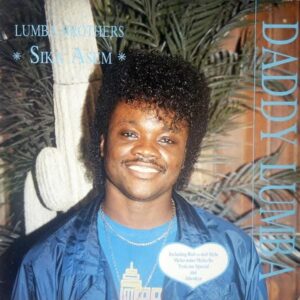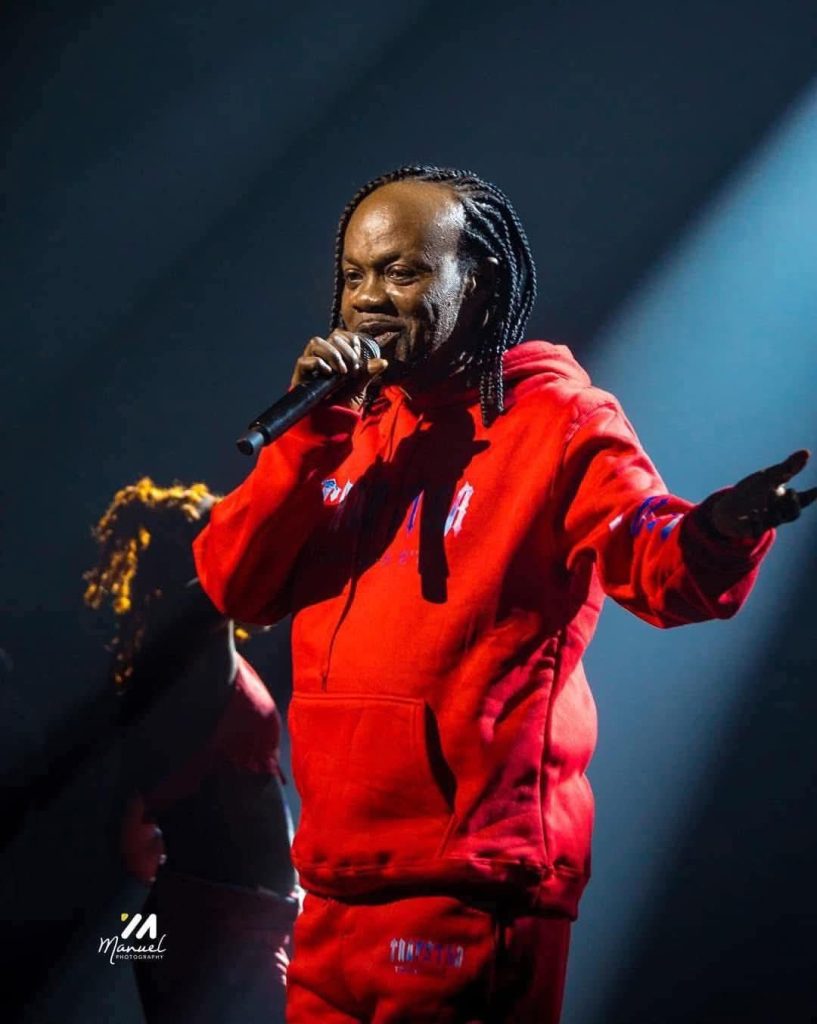adverts
For over four decades, Charles Kojo Fosu, popularly known as Daddy Lumba, has commanded an iconic presence in Ghana’s music landscape. With a catalogue of over 33 albums and 200 songs, he is not merely a musician but a cultural institution whose voice, style, and influence have left an indelible mark on generations of Ghanaians.
Whether singing about heartbreak, praising Jesus, or stirring controversy with provocative lyrics, Daddy Lumba’s artistry reflects both the evolution of Ghanaian music and the complex realities of life in Ghana.
Lumba’s career began in earnest in 1989, when he teamed up with Nana Acheampong to release their debut album, Yereye Aka Akwantuo Mu. It was a highlife classic that captured the emotional struggles of Ghanaians seeking better lives abroad. From this foundation, Lumba launched a solo career that would redefine highlife music.
adverts

From his sophomore album Obi Ate Meso Bo (1990) to the emotionally resonant Sika Asem (1991) and the dancefloor favourite Playboy (1992), Lumba showcased an unmatched ability to blend infectious rhythms with thoughtful storytelling. His 1998 project, Aben Wo Ha, became a cultural reset, combining catchy hooks with controversial lyrics that ignited debate and admiration in equal measure.
One of the most fascinating aspects of Daddy Lumba’s persona is his artistic duality. He has often toggled between two extremes: deeply spiritual gospel compositions and unabashedly sensual tracks.
In 1995, he released Mesom Jesus, an album devoted entirely to Christian worship and gospel themes. Songs like “My Lord Is Able” and “Yesu Ka Ye Ho” still resonate in churches and prayer camps today. But just two years later, in 1997, he released Back For Good—a return to highlife love ballads and sensual tunes.
The contrast became even starker with Poison (2001), Agenda (2007), and Sika (2008), which delved into themes of betrayal, seduction, and the pursuit of wealth. Yet even in these songs, Lumba maintained lyrical wit and melodic brilliance, drawing admiration from both critics and fans.

Collaborations That Shaped Generations
Daddy Lumba is also known for his fruitful partnerships with other highlife greats. He recorded two albums with Borax (Asie Ho, Pa Ntoma) and a powerful gospel project with Great Ampong (Hosanna in 2015). He also collaborated with Pat Thomas, Ofori Amponsah, and Selina Orleans, constantly pushing creative boundaries.
Notably, his 1999 album Millennium Love Songs with Ofori Amponsah became a defining project of the late 1990s and is often credited with launching Amponsah’s solo career.
Discography Highlights: A Glimpse into the Albums
Here’s a brief snapshot of key projects across Lumba’s discography:
- Yereye Aka Akwantuo Mu (1989)—Debut album with Nana Acheampong
- Mesom Jesus (1995)—His first gospel album
- Aben Wo Ha (1998)—An iconic, controversial masterpiece
- Millennium Love Songs (1999)—Collaboration with Ofori Amponsah
- Poison (2001)—A bold and experimental highlife album
- Tokrom (2006)—Featuring remixes of earlier classics
- Awosoo (2014)—Contained the popular hit Yentie Obiaa, which became a political anthem
- Hosanna (2015)—His most prominent gospel collaboration project
- Enko Den (2016)—A reflective and lyrically mature album with features from Okyeame Kwame
Across these projects, Lumba addresses a wide range of topics: love, heartbreak, betrayal, hope, politics, spiritual awakening, and personal resilience.

Legacy Beyond the Music
Lumba’s impact stretches beyond the studio. His flamboyant fashion, charismatic stage presence, and ability to stay relevant in a rapidly changing industry have inspired countless artists, including Kwabena Kwabena, Kofi Kinaata, Kuami Eugene, and King Promise.
The phrase “Yentie Obiaa” (we don’t listen to anyone) became a political slogan in 2014 after then-President John Mahama used the song during public events. This showed how Lumba’s music transcends entertainment and enters the realm of social influence.
His personal life—often kept private—has also fed into his music. Themes of betrayal, loyalty, spiritual struggle, and perseverance often mirror the experiences fans speculate he has lived through.
Now in his late fifties, Daddy Lumba shows no signs of retirement. He recently hinted at a 34th album in the works, continuing a career that has outlived musical trends, political eras, and changing listener tastes.
He also runs his own digital platform, Daddy Lumba TV, where he releases exclusive content and updates fans about his music and thoughts.

In the pantheon of African music, Daddy Lumba stands tall as a living legend—one whose artistic genius, creative fearlessness, and cultural relevance are beyond dispute. He is not merely Ghana’s highlife king; he is a symbol of artistic longevity, a master of reinvention, and a storyteller who has chronicled the soul of a nation through music.
As platforms immortalise his songs and new generations discover his catalogue, the golden reign of Daddy Lumba continues—brilliant, bold, and boundless.
Click the link Puretvonline.com | WhatsApp Channel to join the WhatsApp channel
GOT A STORY?
Contact/WhatsApp: +233243201960 or Email: manuelnkansah33@gmail.com


